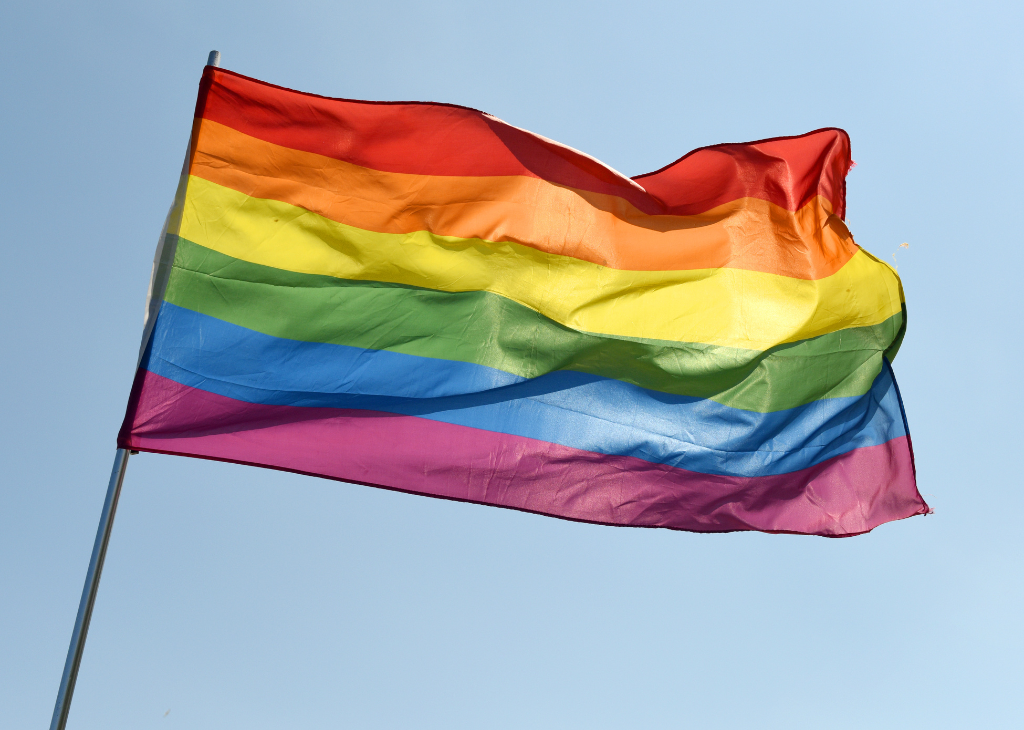Donna Rouner, Marilee Long, Roe Bubar, Irene Vernon, and Belinda Aungie are the authors of this study. They explored Native American youth, regarding health communication about sexually transmitted infections (STIs) and HIV/AIDS.
The authors used one-on-one semi-structured interviews to conduct this research.
Key Findings
• Native youth used brochures more than any other media source for sexual health information of all types.
• Evidence of pluralistic ignorance—the youth showing a shared lack of knowledge in key areas while demonstrating the belief they were knowledgeable.
• Native youth perception of Native American health sources that were culturally relevant:
-The participants expressed a clear preference for Native culture and language in media use, with little available outside of reservation contexts.
• Native youth generally viewed themselves as staying informed and holding knowledge, focusing on empowerment and efficacy.
-They noted how much they could impact their own sexual health, as well as how efficacious they felt about addressing the problem of contracting STIs.
Conclusion and Implications
This study suggests problem areas and opportunities deserving of immediate attention. Findings of this study suggest creating gender-specific campaigns as these may be effective. Future studies could interview a larger sample size to make more representative conclusions. However, this study highlights key patterns and provides evidence demonstrating the need for more culturally informed targeted communications to close health disparity gaps.
Citation
Rouner, D., Long, M., Bubar, R., Vernon, I., & Aungie, B. (2015). Communication About Sexually Transmitted Infections Among Rural and Urban Native American Youth. Howard Journal of Communications, 26(2), 172-192. doi:10.1080/10646175.2015.1009195




